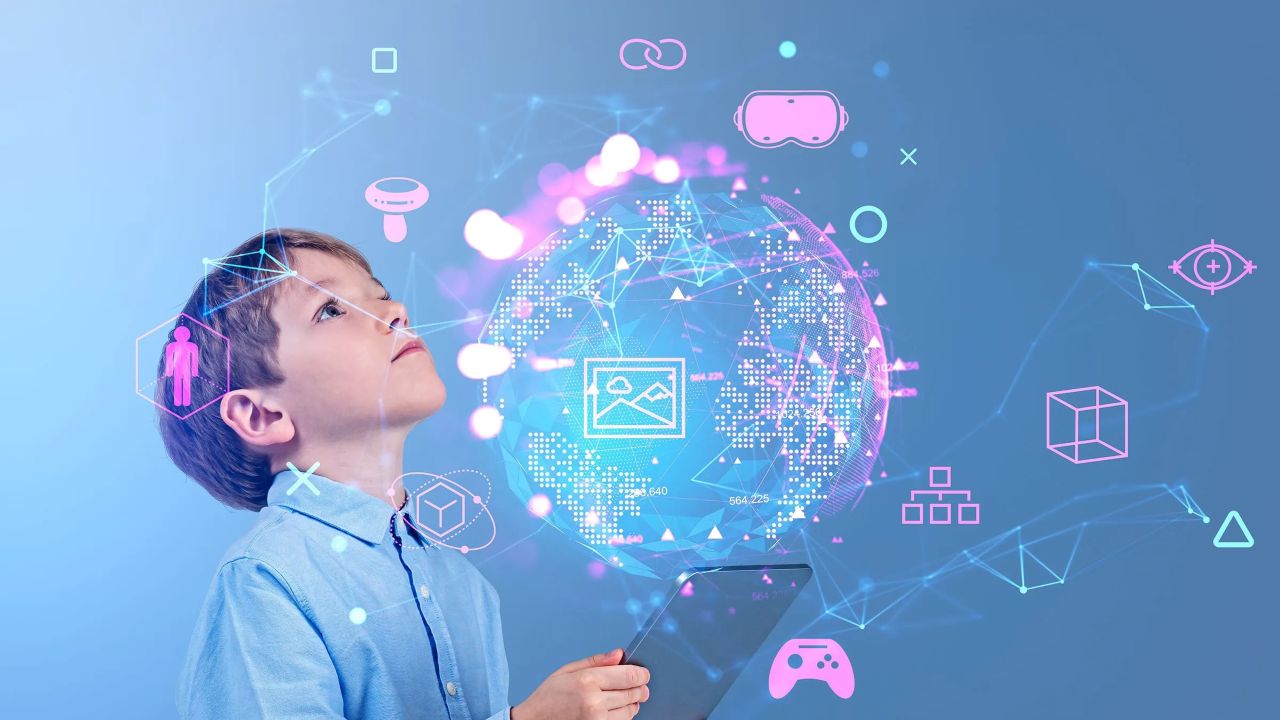
Artificial Intelligence for Children? Experts Urge Caution
Casal dels Infants – The rapid growth of Artificial Intelligence (AI) poses serious challenges to children’s education and development in Indonesia. While AI holds great potential to enhance learning systems, without proper preparation, it can create dangerous cognitive and ethical gaps for future generations.
According to the UNESCO Readiness Assessment Methodology 2024 report, Indonesia is not fully prepared to adopt Artificial Intelligence comprehensively. One of the key challenges is the unpreparedness of human resources across various sectors, students, educators, the general public, and even the government, who are still unable to fully understand, manage, and ethically supervise AI.
“Read More: Three Bedtime Affirmations to Support Your Child’s Development”
In this context, Diena Haryana, Founder of the Sejiwa Foundation, emphasized the importance of building strong character and life skills in children from an early age. She warned that children are especially vulnerable to the allure of AI, whether through games, chatbots, or other digital content.
“If we’re not careful, this can erode children’s basic abilities to socialize, take care of themselves, or even simply get enough sleep. We cannot let children grow up without life skills and social abilities,” Diena said.
Diena stressed that before introducing AI, children must first be equipped with essential life skills, social skills, physical abilities, and spiritual awareness. Without these foundations, technology may gradually diminish their humanity.
“Technology should be something we control, not something that controls us. Children must be taught to love life, to interact with their surroundings, and to build real-world connections before entering the digital world,” she explained.
The use of AI in education certainly offers many benefits, such as personalized learning and unlimited access to information. However, AI can also pose risks if it is introduced without proper supervision. Excessive reliance on technology may reduce social interaction, hinder the development of empathy, and limit children’s exploration in the real world.
According to Diena, families must play a crucial role as protectors, guides, and companions when introducing technology to children. Parents and educators must equip children with critical thinking, empathy, discipline, and wisdom before granting them access to digital technology.
“We must first foster children’s interest in the real world, and only then introduce relevant digital skills,” she added.
Diena also emphasized the importance of introducing AI gradually. The process should focus not only on technological mastery but also on character development. AI must serve as a supporting tool, not a replacement for essential life experiences.
She reminded policymakers not to rush the adoption of AI for children. They must carefully design technology-related policies that prioritize the best interests of children.
According to Diena, collaboration between the government, industry, educational institutions, and families is essential. This partnership is key to creating a safe, healthy, and child-friendly AI ecosystem.
“Let our children develop resilience and life excellence first, and then strengthen them with technology,” Diena concluded.
“Continue Reading: Bill Gates, 3 Jobs That Will Remain Safe in the Age of AI”